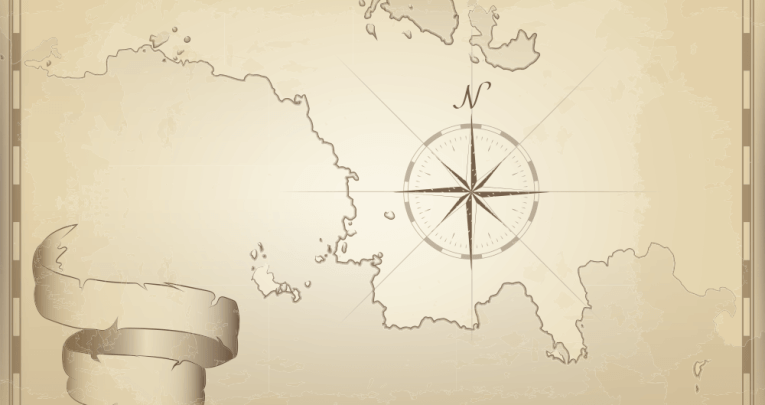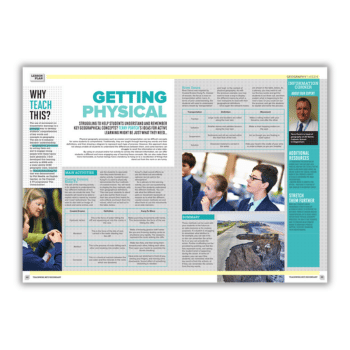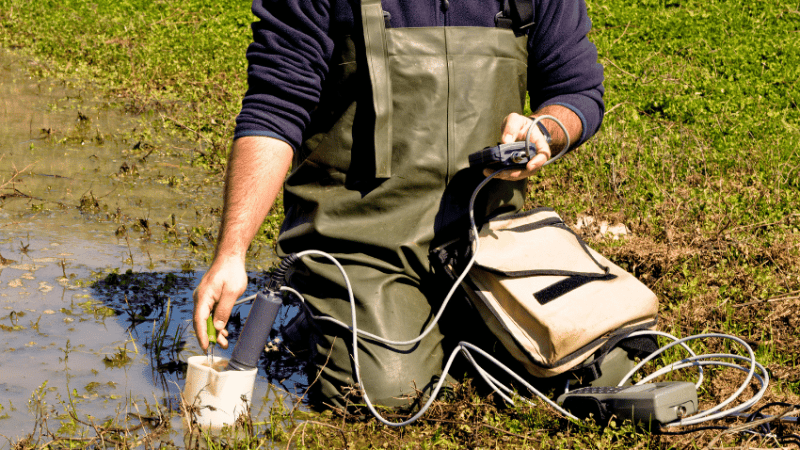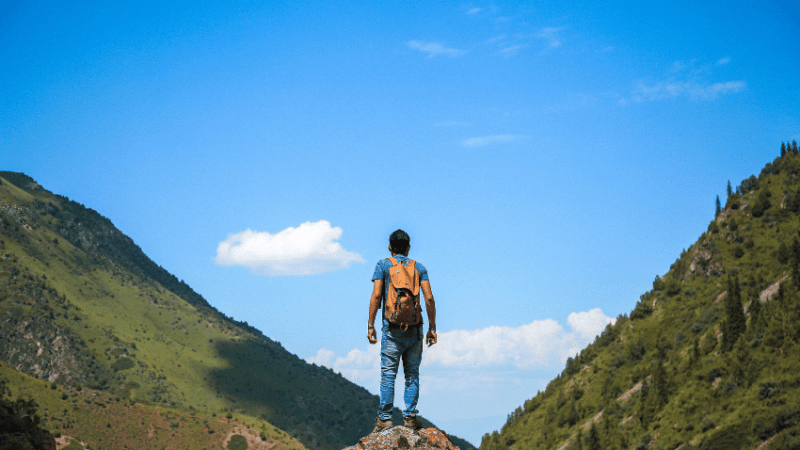Why do we teach geography? – and why should students study it?

Of course it’s not all about colouring maps – but there’s a reason why many adults think it is, says Ian Stock, and it’s one that’s worth exploring…

- by Ian Stock

Early dates can be trepidatious affairs – especially when one party is a teacher. Too many memories of misspent youth? Perhaps that’s why so many pedagogues marry each other…
At any rate, the person who subsequently became my wife nearly stepped on an early mine when she said, “Geography? All I remember is learning capital cities and colouring a lot of sea!” I didn’t hold it against her.
My specialism is often the unfortunate recipient of such misconceptions – the legacy of a particular way of interpreting it during those critical classroom years.
Another chance comment recently got me thinking about how subjects change over time – and how that affects both the way they are taught, and the understanding (or otherwise) that the population at large goes away with.
Such impressions can last a lifetime.
It is perhaps useful, therefore, to reflect on what we teach and how (and why) we teach it. So here is a little potted history of geography, with my own teaching fitted in.
Political forces
‘Geography’ means ‘writing about the world’ – and from classical times until the early 20th century, that was pretty much it.
It’s where people of my parents’ generation, born in the 1930s, got their enduring impression of the subject from: they did indeed spent their geography lessons learning lists of rivers, seas, countries, capital cities and exports – and colouring maps.
(Strangely, this legacy has carried over to the present day: children I taught came out with the same misconceptions – even though they mostly spent their lessons doing nothing of the sort!)
But there is a kind of sense here: for the long period when parts of the world were (from a Western perspective) undiscovered, it is unsurprising that effort went into cataloguing that expanding knowledge.
At school level, it was perhaps encouraged by the political forces of the time: the British Empire undoubtedly had an impact on the development of geography.
Indeed, the Victorian geographer Halford Mackinder largely established the discipline, and his ideas influenced geopolitics at least until the Cold War.
Thus it is perhaps not surprising that the progeny of the British Empire spent considerable amounts of time smugly colouring maps red.
I have mixed feelings about this: on the one hand, those subjected to it were often left with enviable global knowledge – but it was also undoubtedly responsible for the subject’s enduringly dowdy image, as my soon-to-be wife ably showed.
Then there is the small matter that the world does not stay the same: much of that laboriously-learned knowledge very quickly went out of date.
A move to measure
As knowledge was completed, so the subject moved into interpretation. The mid-century approach generated an array of hypothetical models such as Christaller’s Central Place Theory, which supposedly explained how and why the world was ordered – still an important feature of ‘A Level in the 1990s.
More change came in the 1970s with the development of remote sensing technologies. Geography underwent a quantitative revolution.
Faced with the impending death of their subject (there was no more world to discover), its practitioners enthusiastically embraced their new ability to measureit instead – and to process the data using computers.
By the time I did my degree in the early 1980s, geography was heavily statistical; the notion of it being a ‘humanity’ had almost died.
I found the stats tough – but it left a strong imprint on my understanding, and as with those models, this eventually expressed itself in my teaching. I came to appreciate its uses.
I was keen that pupils should understand the conceptual underpinnings of phenomena, rather than simply cataloguing them.
Analysis is a higher-level skill than description – even if the statistics were sometimes overdone – and it can deliver a superior understanding of the world.
Recently, however, I found that many younger colleagues were taking a different approach again.
Around the time I graduated, ‘psycho-geography’ was becoming established: a fancy name for behaviouralism.
Having overdosed on statistics, it was a welcome swing of the pendulum – but we seem to have moved even beyond that: recent geography seems to have reverted to something between place-specific description and the touchy-feeliness of a generic social science.
A lot has been introduced as the result of specific educational objectives, for which the subject was merely a ‘carrier’. Hence we have the geography of sport, health and crime.
Subject appropriation
This is not inappropriate, and it has a place within the subject – but I am more concerned about the way the subject has been appropriated for socio-political purposes.
A consequence seems to have been the loss of some of the analytical rigour in favour of self-assertion – and yet more description.
It is probably true that Gove’s reforms accelerated the trend for specific factual knowledge, but I think it was happening anyway.
Such a development risks eroding the objectivediscipline, the benefit of which is the way geography helps people to look at the world with detachment from their personal position, and to understand it as a whole.
This is surely more, rather than less, important in an age when climate change and global integration are pressing matters.
The renewed emphasis on studying favoured places weakens the ability to appreciate commonalities. I see a reflection here of the way Brexit and re-emergent nationalism are emphasising the local and the partisan over a wider world-view.
The loss of that theoretical overview is concerning: the argument was that children struggle with abstracts, and therefore we should teach more concrete matters.
There may be some truth in this, but we actually need both – the real-world knowledge that comes from knowing the specifics, but also the ability to plug such knowledge into a broader conceptual understanding of the world.
We need to be able to think both inductively and deductively; swinging to eitherend of the pendulum is not helpful.
There are sound arguments in favour of both evolutionary and revolutionary approaches to knowledge – but personally I think Darwin is not finished yet.
Of course we should embrace the development of our subjects as new, sometimes radical, understanding emerges – but the repeated jettisoning of what went before in favour of every new fad seems to me to be a wasteful way of teaching.
Those models and statistics are of enduring use; we need to build on accumulated wisdom.
We shouldn’t forget that for the majority, school teachers are the most important custodians of their subjects: the experiences we give children remain with them, often for life. We need to get it right.
In brief:
- School teachers are the most important guardians of the general public perception of our subjects.
- As our subjects change over time, we should add layers to increase their richness – but resist throwing the baby out with the bathwater.
- We should promote academic rigour and ensure that subjects are not appropriated for partisan or ideological ends.
- As guardians of our subjects, we need to ensure that pupils receive a balanced and impartial curriculum.
Ian Stock taught geography for 30 years in Brentwood, Essex. His book The Great Exception was published in February 2018.










